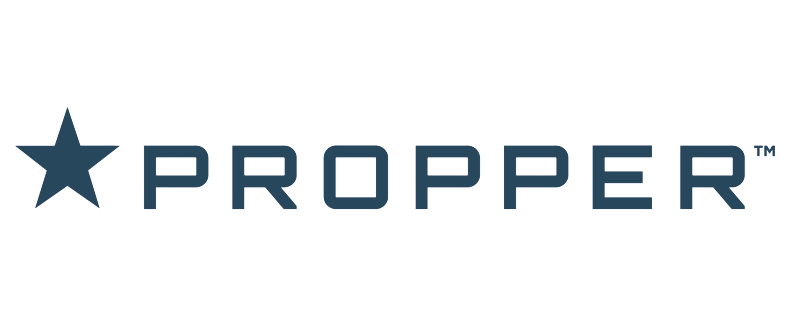What Are Employee Uniforms Purchasing Rules?
Employee uniform purchasing rules are pre-set guidelines that govern what uniforms an employee can buy, how much they can spend, how often they can order, and who needs to approve the purchase. These rules ensure that the right people have access to the right products, within the specified limits, and with minimal admin overhead.
Why Are Employee Uniforms Purchasing Rules Important?
Managing uniforms at scale gets very complex. Without structured uniforms purchasing rules, employees may overspend, order incorrect items, or bypass approval processes. This creates confusion and increases the burden on administrators to manually track and correct purchases.
Purchasing rules help solve these challenges by creating a controlled, transparent, and policy-aligned system for uniform ordering.
With purchasing rules in place, organizations can:
- Define who can order which items based on department, role, or location
- Set spending limits or allowances tied to job roles or employee groups
- Enforce approval workflows before orders are fulfilled
- Automatically restrict access to unauthorized products or pricing
- Ensure orders comply with internal policies without manual oversight
- Improve employee satisfaction through personalized and accurate ordering
- Maintain visibility and control through real-time reports and audit trails
By turning uniform policies into automated purchasing rules, organizations save time, reduce friction, and ensure compliance while delivering a smoother experience to both employees and managers.
How Do These Rules Work in Practice?
UniformMarket provides multiple built-in tools to configure and enforce employee purchasing rules. These include:
- Allotments: Admins can assign a fixed quantity of items an employee is allowed to order over a specific time period.
- Budget and Allowance Controls: Set monetary limits for individual employees or entire departments. These limits can reset on a recurring basis.
- Approval Workflows: Assign one or more approvers who review purchases before they are fulfilled. This adds a layer of oversight for higher-value or restricted orders.
- Role-Based Visibility: Limit what each employee or department can see in the store. They only access uniforms and accessories that apply to their job function.
- Manager Buy For / Buy As Functionality: Supervisors can place orders on behalf of employees or use the system as if they were the employee. This is useful when onboarding new staff or handling bulk team orders.
- Rule Engine: Behind all of this is UniformMarket’s rule engine, which comes with over 500 pre-built logic configurations. It allows teams to set up complex permissions without any coding.
These features reduce manual work for administrators and create a clear, predictable flow for end users.
Can These Rules Be Customized?
Yes. UniformMarket’s system is built to reflect each organization’s operational needs. Admins can create tailored purchasing rules for departments, job roles, or locations. A “master profile” feature also lets businesses clone settings across employee groups, streamlining onboarding and ensuring consistency.
Related terms
- Allotments
- Approval Management
- Budget Controls
- Pricing Rule Engine

Subscribe to Latest Updates from UniformMarket
Stay in touch with UniformMarket to check what's happening with us.
- Uniform Management Software
Launch Client Stores in Days, Join Suppliers Managing 3500+ Programs
Join brands like Careismatic & AllHeart in launching faster and scaling smarter.
Results UniformMarket Delivers
x4
Faster client store launches
500+
Pre-configured rule engine
76%
Reduction in orders and store management
Trusted by Leading Businesses and Loved by Leading Brands




See UniformMarket in action
Trusted by Leading Businesses and Loved by Leading Brands




